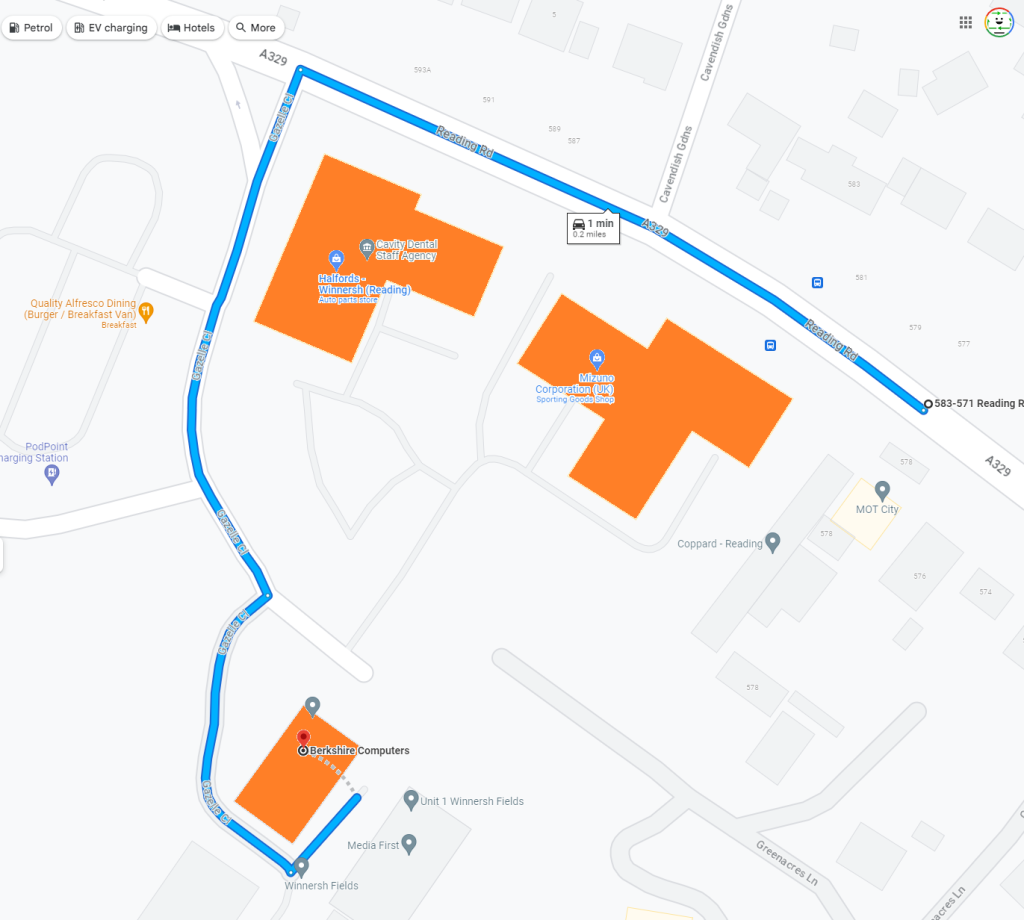Understanding the WiFi vs. 4G Dilemma: Why Your Phone Struggles with WiFi
In today’s digital age, having a reliable internet connection is crucial for seamless online experiences. Many users invest in high-speed connections, like fiber optic internet, which promises download speeds up to 500 Mbps. However, as some smartphone users have discovered, this promising technology doesn’t always translate into a superior browsing experience, especially compared to a cellular 4G connection.
The Issue at Hand
Imagine this scenario: you are comfortably browsing the internet at home with a robust fiber optic connection, yet your smartphone seems to struggle with tasks that load quickly on 4G. For instance, you might find yourself trying to refresh Twitter, only to be met with the frustrating message that there’s no internet connection, while the very same app loads almost instantaneously when you switch to your mobile data.
For this user, their home internet is functioning optimally on their computer, but the same cannot be said for their phone. The question arises: why does WiFi, with its superior speed, seem to underperform compared to a slower 4G connection?
Potential Reasons for the Discrepancy
Several factors could be at play in this WiFi vs. 4G conundrum:
-
Signal Strength and Interference: Smartphones are more susceptible to poor WiFi signal strength than Computers. Walls, distance from the router, or interference from other devices can significantly degrade connection quality.
-
Network Settings: Your smartphone’s network settings might need fine-tuning. Issues such as DNS settings could affect how efficiently your device resolves website addresses while connected to WiFi.
-
Quality of Service (QoS) Settings: If your router has QoS settings enabled, it might prioritize certain types of traffic, which can make other services slower. This could explain why some apps, like YouTube, perform flawlessly while others lag.
-
Device Constraints: Different devices handle network connections differently. Your smartphone might not be as capable as your computer in negotiating optimal conditions with the router.
-
Software Conflicts: An app or background process might be causing conflicts when on WiFi, leading to a slowdown. This isn’t a problem when using 4G, as you’re tapping into your cellular service instead.
Conclusion
If you find yourself in a similar situation, testing out some of these solutions might help you enhance your Wi
Share this content:



